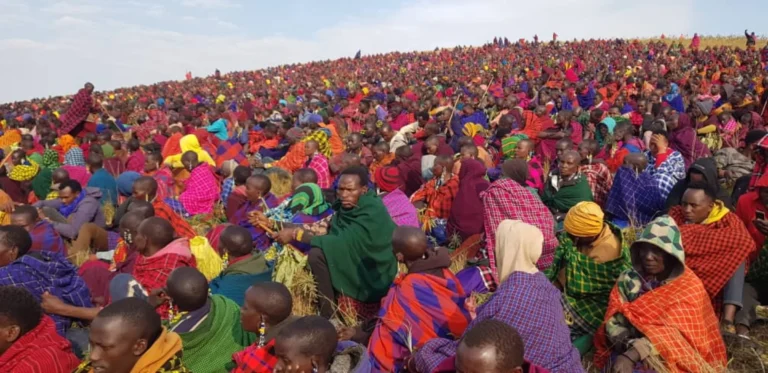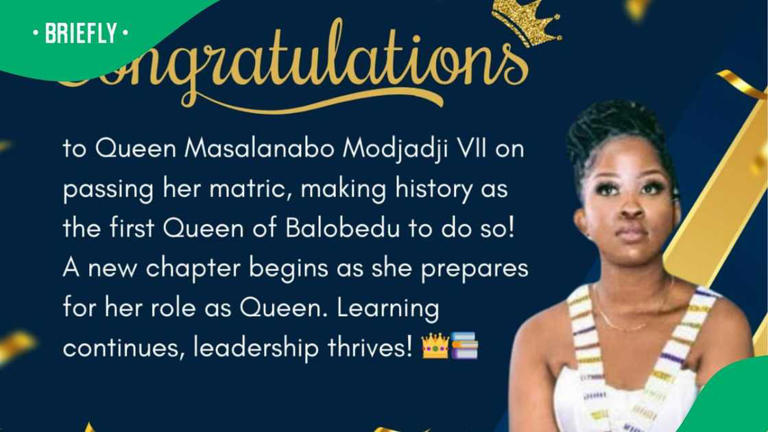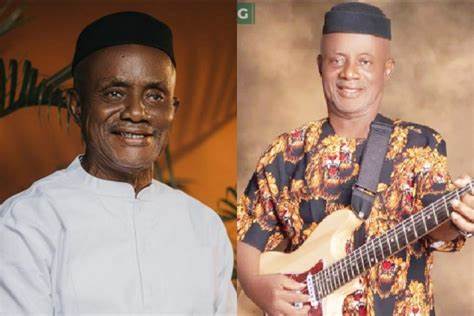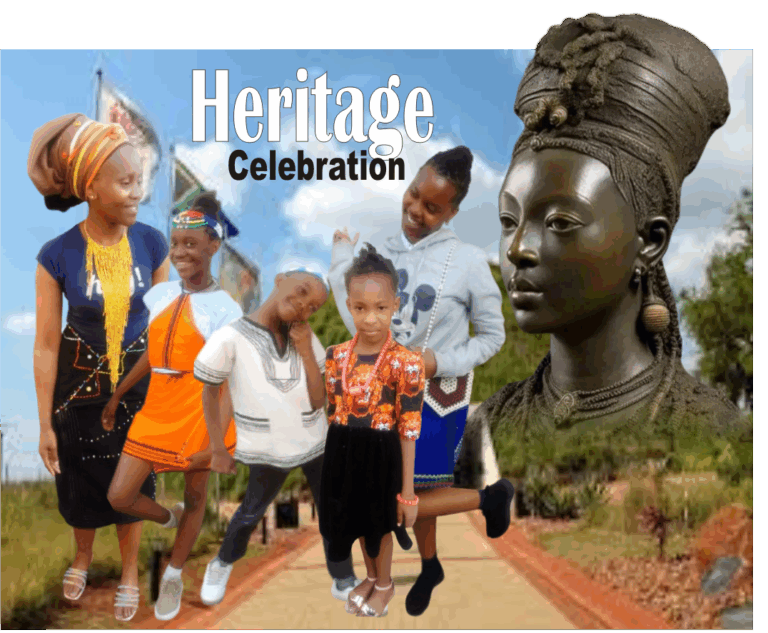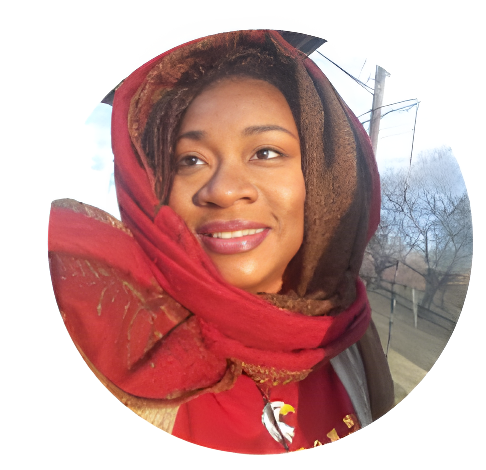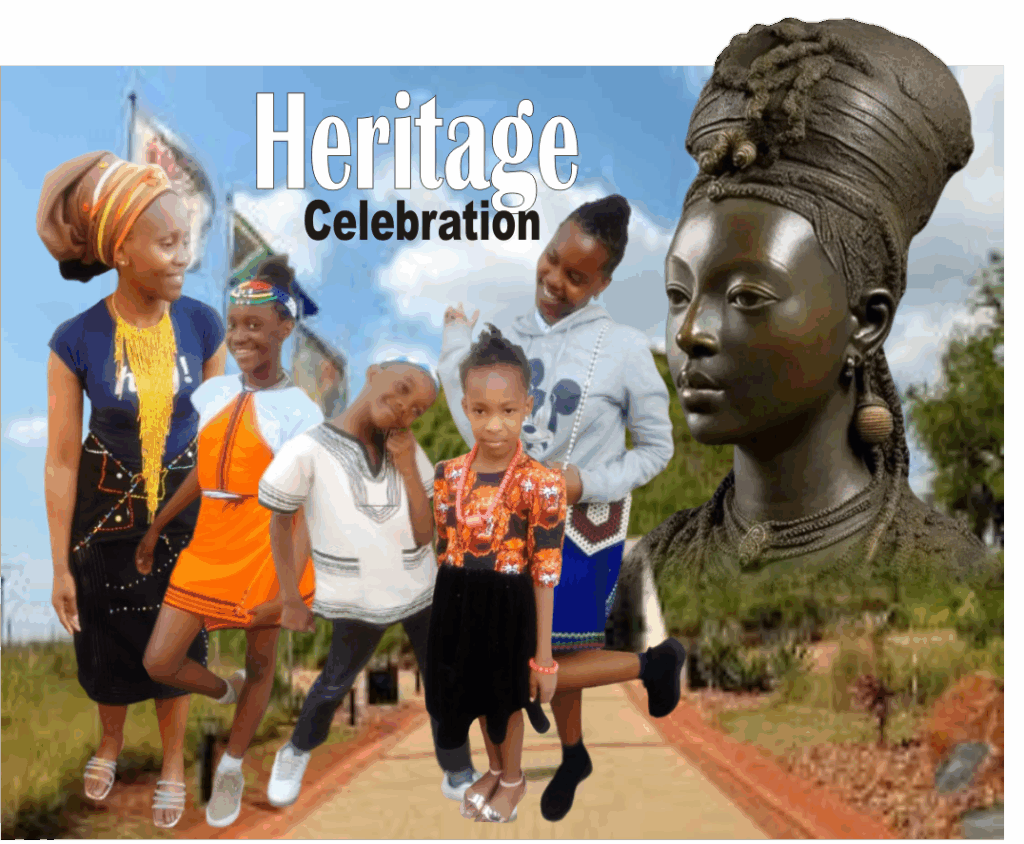
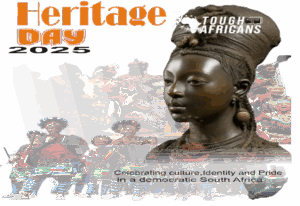
“African Heritage Celebration is not just about wearing traditional clothes or dancing to drums; it is about honoring the soul of a people — their stories, struggles, and triumphs. It is a reminder that Africa’s greatness lies in her diversity, her unity, and her unbroken spirit.”
African Heritage Celebration is the collective expression of pride in Africa’s rich cultural identity, its ancestral wisdom, and its contributions to humanity. It is a time to acknowledge the legacy of African civilizations, arts, music, spirituality, and community values that have shaped not only Africa but the world at large.
It celebrates what it means to be African — the languages, the rhythm of the drum, the storytelling traditions, the vibrant clothing, the communal spirit, and the resilience that defines the continent’s soul.
Cultural and Historical Context
African heritage celebrations often include:
-
Traditional music and dance (e.g., drumming, mask dances, praise singing).
-
African attire and crafts, such as kente, isiShweshwe, ankara, beads, carvings, and pottery.
-
Storytelling and proverbs, which preserve ancestral wisdom and moral teachings.
-
Food festivals, showcasing diverse African cuisines that reflect regional identity.

-
Commemorations of key historical figures, freedom fighters, and ancient kingdoms like Mali, Nubia, Great Zimbabwe, or Benin.
These elements reconnect people to their roots and ancestry, reinforcing pride and unity in African identity.
Philosophical Meaning
Beyond the music and dance, African heritage celebration carries deep spiritual and philosophical meaning.
It reminds Africans and people of African descent to:
-
Remember where they come from (“Umuntu ngumuntu ngabantu” — A person is a person through others).
-
Uphold values of Ubuntu, respect for elders, community service, and gratitude to ancestors.
-
Resist cultural erosion and celebrate self-definition rather than accepting imposed narratives.
Modern Relevance
In modern times, African Heritage Celebrations promote:
-
Cultural education – teaching youth about their identity and traditions.
-
Pan-African unity – bridging divides between African nations and the diaspora.
-
Economic empowerment – supporting African art, fashion, and entrepreneurship.
-
Social harmony – fostering pride and respect for all ethnic and cultural groups within Africa.


